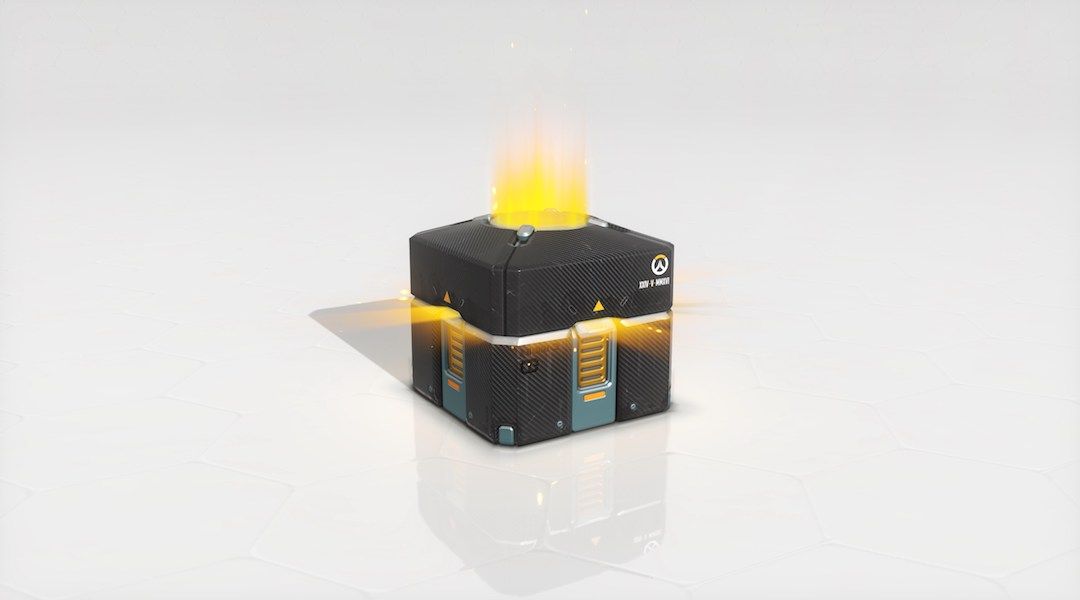Last year, frustration over Star Wars Battlefront 2's "pay to win" loot boxes led to mass fan backlash that forced publisher EA to rethink the game's business model. But this controversy soon evolved into a conversation about loot box and randomized item mechanics in general, with many posing the questions of whether or not they constitute gambling.
In the United States, the Federal Trade Commission (FTC) is now set to investigate loot boxes, with FTC Chairman Joseph Simons confirming as much today after a request by Senator Maggie Hassan (D-NH). The senator became a passionate campaigner on the issue last year and has continued to press the issue.
During a Senate subcommittee hearing, the Senator said, "Loot boxes are now endemic in the video game industry and are present in everything from casual smart phone games to the newest, high budget releases." Hassan also referred to research indicating that loot boxes will be a $50 billion industry come 2022.
The Entertainment Software Association, which represents video game developers, publishers, and others who could be affected by any legislation against loot boxes, responded to the FTC announcement in a statement. Reiterating the ESA's previous stance on the matter, the organization said that "loot boxes do not constitute gambling," stressing that "they are entirely optional to purchase". The ESA also said, "They can enhance the experience for those who choose to use them, but have no impact on those who do not."
The FTC announcement comes after several states with the US had launched their own investigations into loot boxes. Some have even made efforts to introduce legislation banning them or prohibiting them from being sold to children. Most notably, representatives in the state of Hawaii introduced two groundbreaking anti-loot box bills which would force publishers to add gambling warnings to the box art and one which would force them to disclose loot box odds.
It's currently unclear when the FTC's findings may be published, as Simons only confirmed that the commission would report back. Furthermore, Simons didn't provide a specific time frame for this report. It's also unclear what would happen if the FTC is to conclude that loot boxes are gambling.
The thinking from many skeptical gamers is that the FTC will not call for a ban on the business model, given the amount of money that they make many US-based companies. However, regulation could potentially be on the cards, and for those worried about the harmful affects loot boxes could have, that would be seen as a win.
Source: Senator Maggie Hassan – YouTube (via Polygon)

